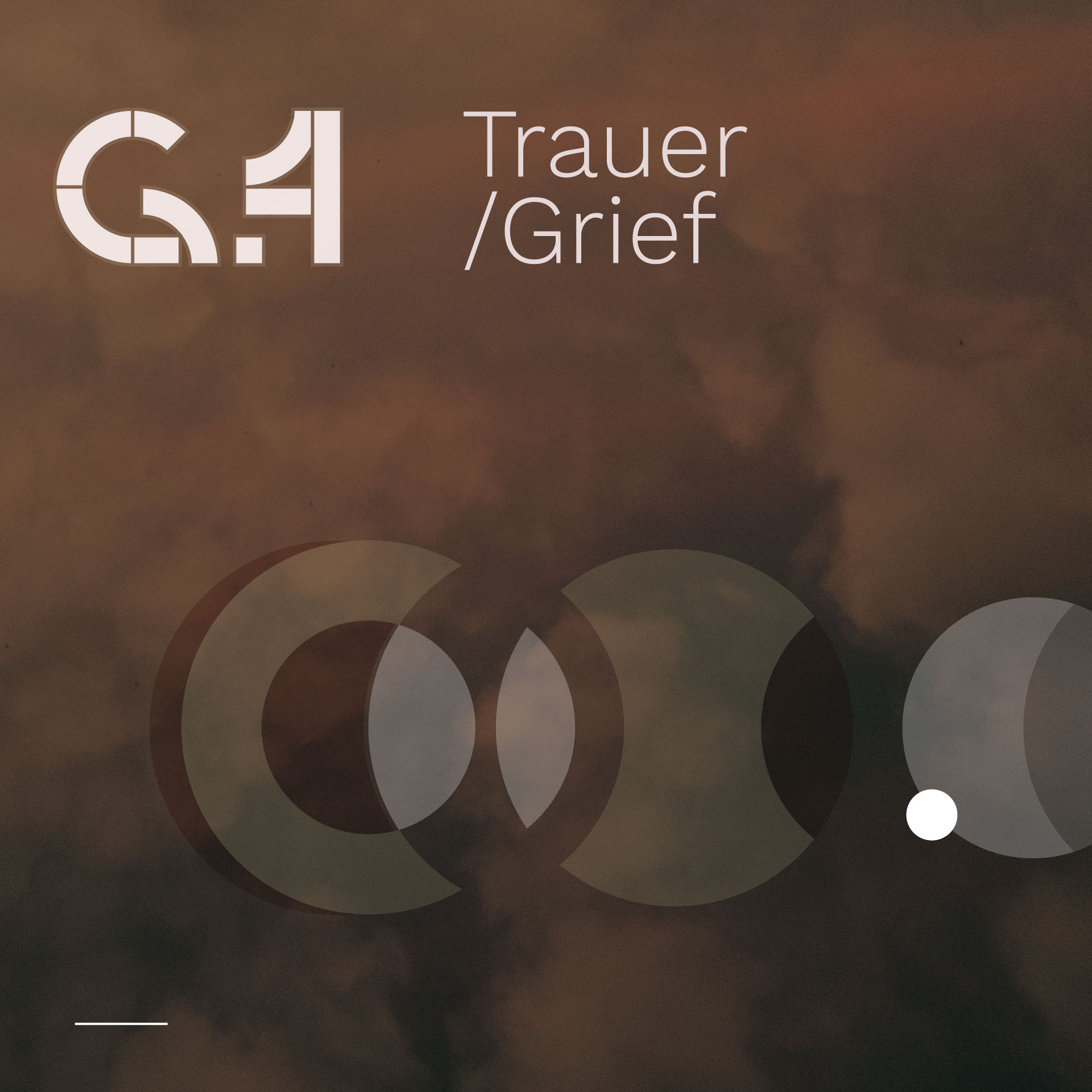Gespenster nº4 —
A Space for Grief
September 2021
︎ auf Spotify anhören
Eine Psychothriller-Serie über schwierige Gefühle von Astrid Kaminski & Seda Niğbolu [DE/EN].
Teil 4. A Space for Grief.
[DE] – EN below
1915 hat Sigmund Freud als Erster in der Geschichte der Psychologie den Begriff “Trauerarbeit” benutzt. Größtenteils wird seitdem die Phase nach dem Verlust eines geliebten Menschen damit verbunden, die laut Weltgesundheitsorganisation durchschnittlich zwei Wochen dauern sollte. Längere Phasen oder andere Arten der Trauer – wie der Verlust von Freund:innen, der vertrauten Lebens- oder Sprachumgebung, der eigenen Gesundheit oder eines ungeborenen Kindes u.a. – finden im Alltagsleben nur selten Raum. Sie werden daher in der Psychologie unter den Begriff „entrechtete Trauer“ gefasst. Der Podcast „A Space For Grief“ ist ein Versuch, für solche Erfahrungen einen Raum zu schaffen.
Die Beiträge [DE/EN] stammen von Gabrielle Curebal, Esther Strauß, Jared Gradinger, Miranda Markgraf, Inky Lee, Ami Garmon, Christoph Winkler, Nora Amin, Mateusz Szymanówka, Lea Pischke, Astrid Kaminski, Liz Rosenfeld, Feras Soliman & Sirine Malas.
Sampling: Seda Niğbolu
Sprecher:innen: Nora Amin, Toni Jessen, Astrid Kaminski & Ned Wiley
Mastering: Julian Hoffmann
Besonderer Dank den Beitragenden sowie an Dani Brown, Ricardo Carmona, Barbara Friedrich, Barbara Raes, Meg Stuart & Ned Wiley.
Tracklist:
Dag Rosenqvist – IV (The Forest Diaries, 2015)
Lauryn Hill – I gotta find peace of mine (MTV Unplugged No. 2.0, 2002)
Loren Connors – Blues no.1 (Blues: The "Dark Paintings" of Mark Rothko, 2015)
Choeur occitan Rosamonda – El testament d'Amelia (Se canta... : Chansons traditionnelles occitanes et catalanes, Vol. 2, 1994)
Tim Hecker – Chimeras (Harmony in Ultraviolet, 2006)
Inky Lee – leaving
Inky Lee – the only option
Ami Garmon – On the day after my abortion
Robin S. – Show me love (Show me love, 1993)
Dag Rosenqvist – New days (Fields, 2020)
Rozalla – Everybody’s free (to feel good) (Free Bemba Mix) (1991)
Dag Rosenqvist – IX (The Forest Diaries, 2015)
Klaus Huber _ '...Plainte...' in memoriam Luigi Nono (D'Amore, 2008)
Le Poème Harmonique – Quand Je Menais Les Chevaux Boire (Plaisir D'Amour : Chansons & Romances De La France D'Autrefois, 2007)
Dag Rosenqvist – Finite (Fields, 2020)
Bill Withers – Ain’t no sunshine (Just as I am, 1971)
Axiom of Choice – Parting Ways With The Soul (Unfolding, 2002)
Ami Gorman – The God Of Held And Forgotten Things
[EN]
Can we use the scenic arts and theatre as a space where we can perceive suffering, where we can address it instead of hiding it? Rolando Vasquez Melken, scholar in gender and postcolonial studies
In 1915, Sigmund Freud was the first in the history of psychology to use the term “Trauerarbeit” (“work of mourning”). Since then the term has mostly been associated with the phase after the loss of a loved one, which according to the World Health Organization should last an average of two weeks. Longer phases or other types of grief––such as the loss of a friend, the familiar living or linguistic environment, one's own health or an unborn child––rarely find a place in everyday life. They are therefore considered in psychology as "disenfranchised grief". The podcast “A Space For Grief” is an attempt to create a space for those experiences.
Please find a background talk with grief expert Barbara Raes.
In unserem Bibliotheksschrank im EDEN***** in Pankow stehen folgende Bücher zum Thema parat:
Verena Kast: "Trauern. Phasen und Chancen des psychischen Prozesses", Kreuz 2020
Julian Barnes: "Lebensstufen", btb Verlag 2016
Franz Wellendorf / Thomas Wesle (Hrsg.): "Über die (Un)Möglichkeit zu trauern", Klett-Cotta 2009
Christoph Elsas (Hg.): "Sterben, Tod und Trauer in den Religionen und Kulturen der Welt, Bd.1", EB-Verlag 2007
Barbara Raes: „Cafuné“, Academia Press, Gent 2018 (Sprache: NL)
Chimamanda Ngozi Adichie: „Trauer ist das Glück, geliebt zu haben“
Roland Barthes: „Tagebuch der Trauer“, Hanser 2010